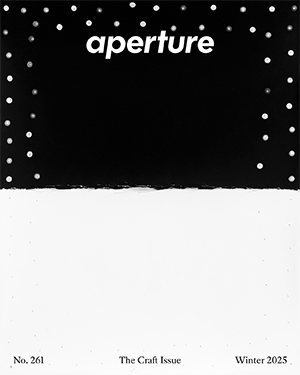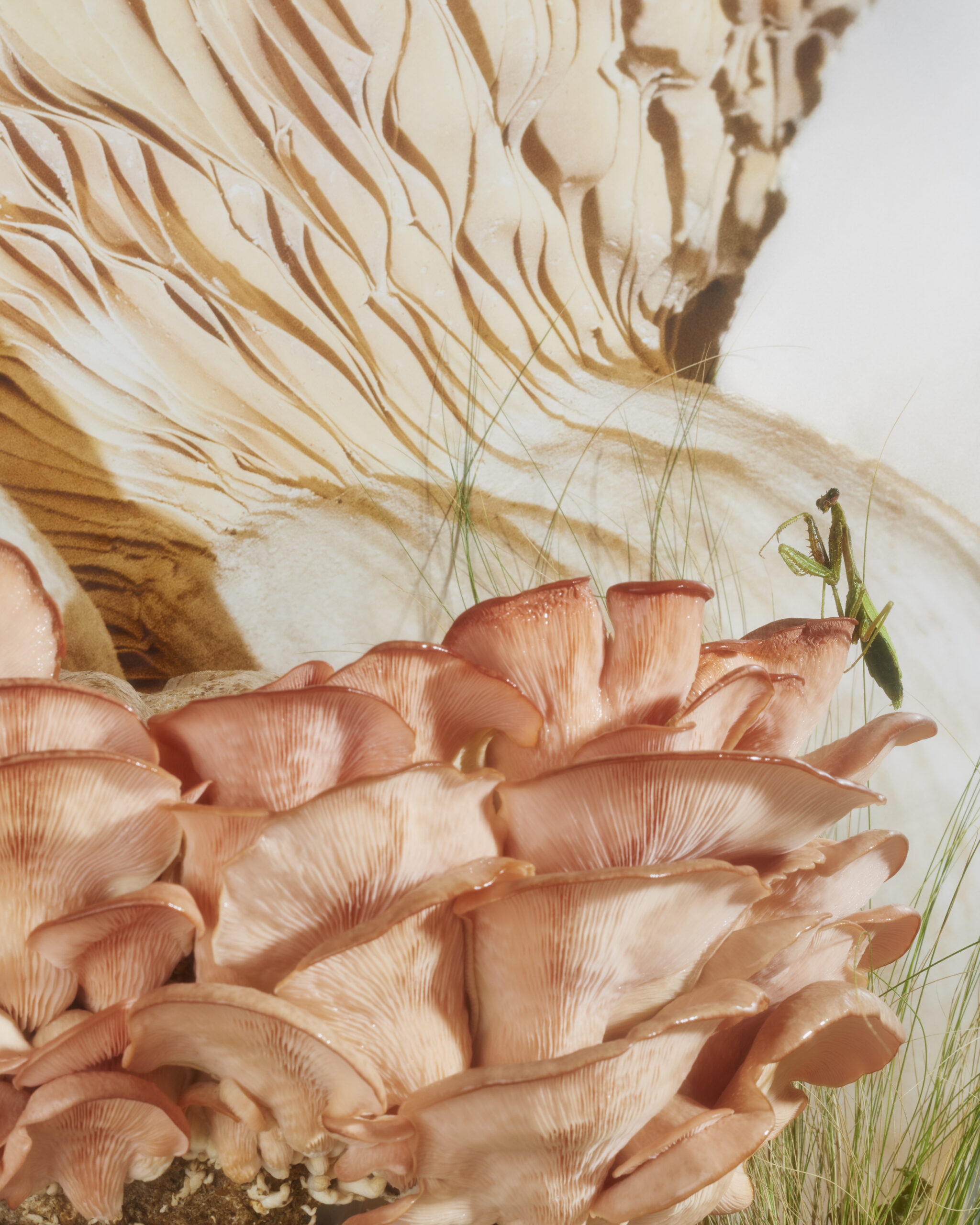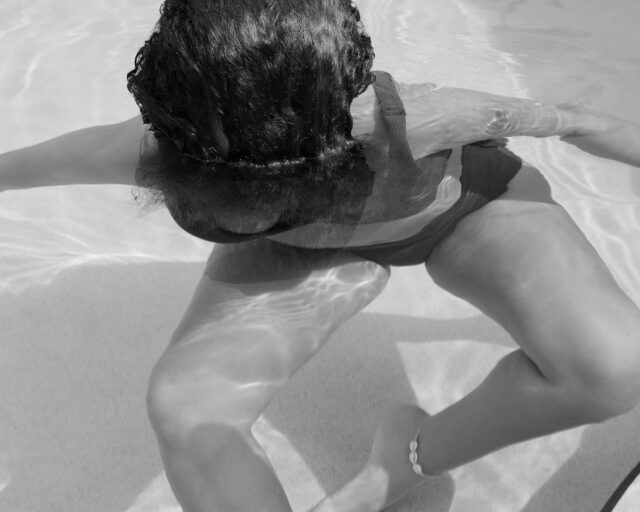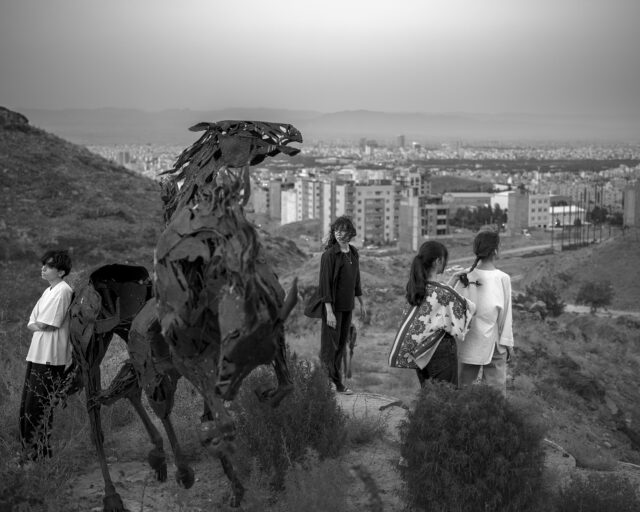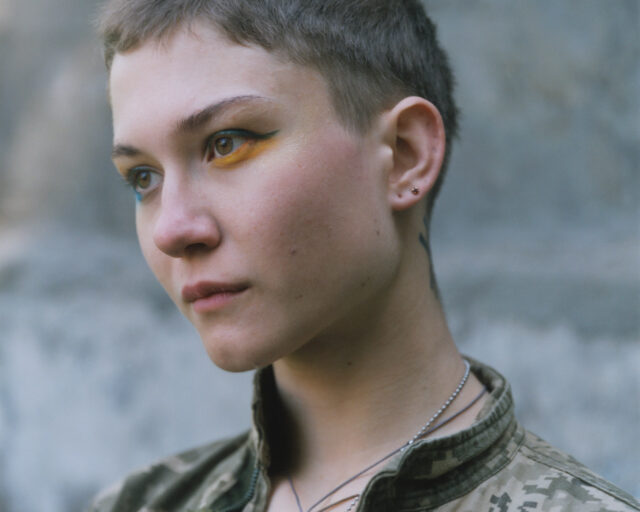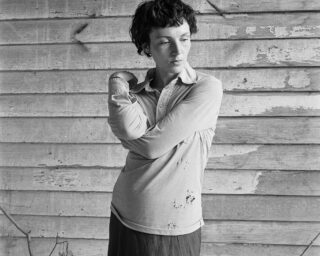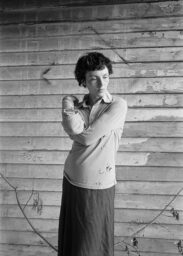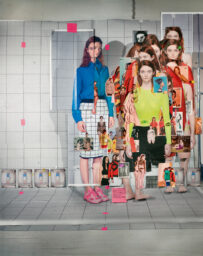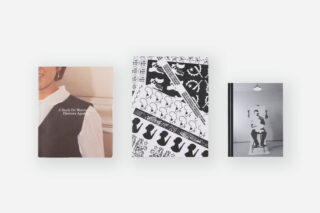Emma Ressel, Surrender the Decomposers, 2022
In environmental science, Shifting Baseline Syndrome is a concept that describes how people’s perception of what is “normal” or “natural” changes over time as ecosystems deteriorate. In other words, each generation accepts the environment they grew up with as the baseline, even if it’s already been significantly altered from its original state, leading to a gradual acceptance of environmental degradation as the memory of the original condition is lost. For Emma Ressel, this idea is central to her project Glass Eyes Stare Back, which questions the human relationship to animals and the environment during an era of increasing climate anxiety. Using museological dioramas of animals as inspiration, Ressel creates her own vibrant and layered studio constructions of flora and taxidermized fauna that veer more toward fantasy and formal experimentation than biological accuracy. “I want to think about how, collectively, we’re living in very confusing and quickly changing environments,” explains Ressel. “The pace at which species and environments are disappearing, and the rate at which natural disasters are happening is so disorienting, and I want to express that in the images.”
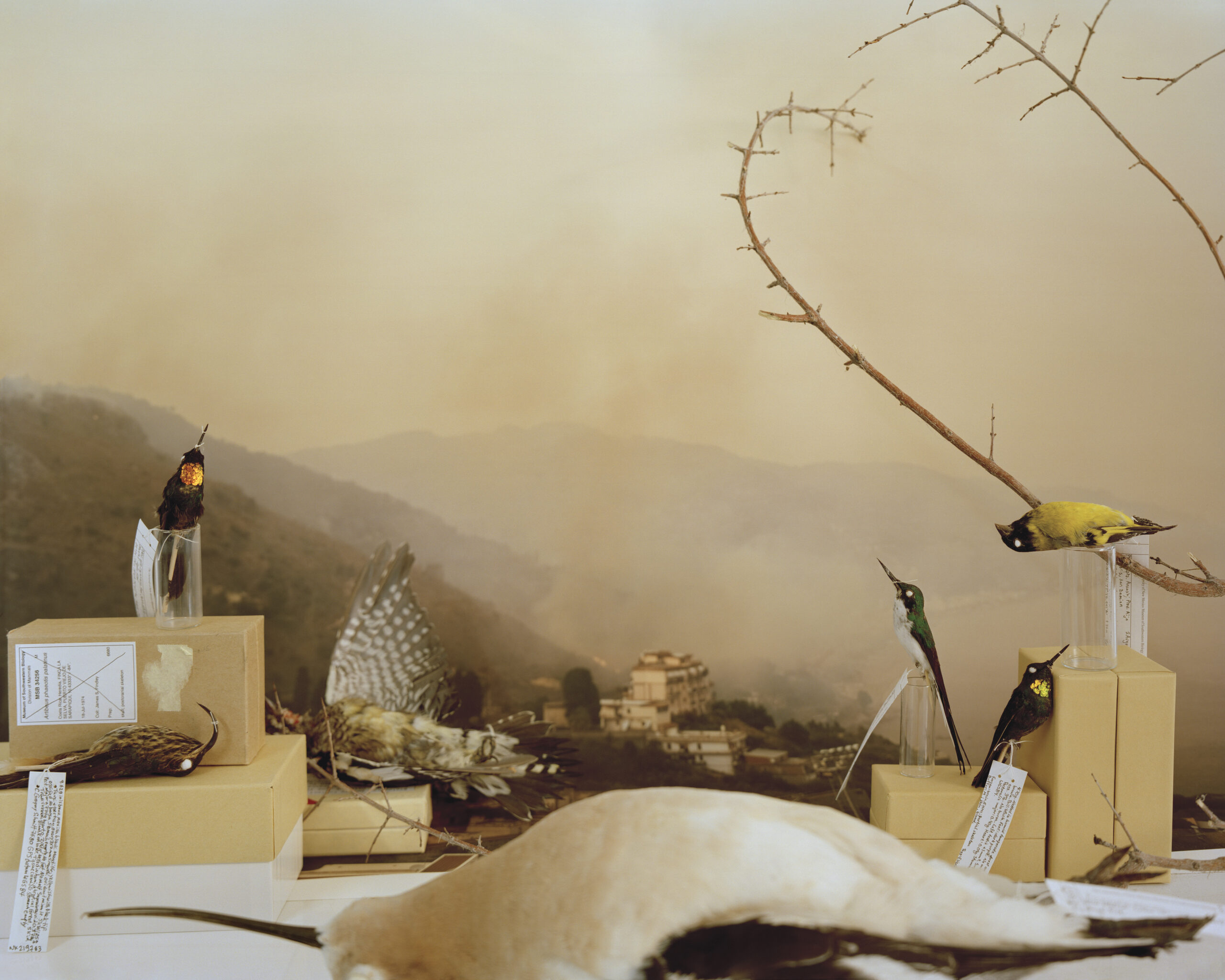
These questions of ecology and preservation have always been personal. Ressel has seen winters in her native Maine change drastically over her lifetime, and she’s begun studying the local ecosystem in New Mexico. Her relationship with photography and nature is equally longstanding—Ressel grew up helping her father, a herpetologist and professor, with his research. On his sabbaticals, the two would take trips to the desert, where she would help him catch lizards for his slides, arranging and photographing the reptiles to be recorded and shown to his classes. At Bard, where she studied photography, she was inspired by the work of seventeenth-century Dutch still life painters and began creating scenes and constructing playfully grotesque still life photographs of food.
In 2019, Ressel began making the photographs that would lead to this project in the small natural history museum that housed her dad’s office. “I was thinking about the museum and I just kind of realized that habitat dioramas are still lifes. That’s so much of the same techniques of composition and framing nature and creating a narrative.”
Since the taxidermized animals in her local museum were housed in simple, plexiglass vitrines and lacked any theatrical staging, she began to make her own backdrops from photographs that she printed at large scale. “I started playing with the false backdrop and pairing that with the animal and the scene. I was thinking about how I could start to build these layers of fiction through my constructions, and distort the setting that the animal was in,” she explains.
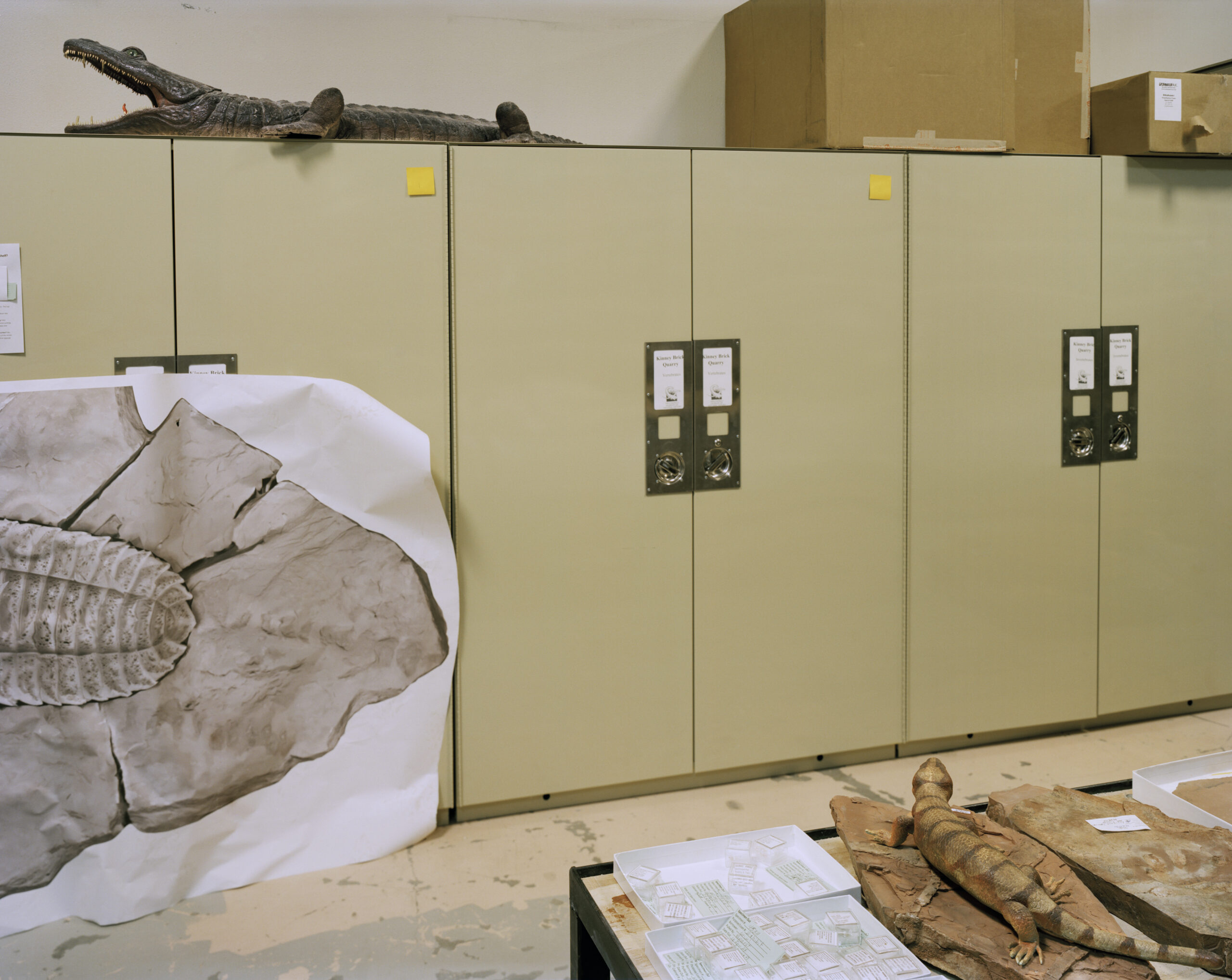
Since these initial experiments, Ressel has explored the collections of natural history museums in the Northeast and Southwest, and her project has expanded to consider the ways these museums and ecological collections inform our ideas around climate and the environment. Deep Time Storage, for instance, is a behind-the-scenes moment—models of two ancient reptiles from different epochs rest amongst filing cabinets, archival boxes, and a large print of a fossil—exemplifying the banal theater of how we preserve, research, and present the history of the natural world.
Images like Dusty Galaxy, in which a turkey’s feathers gleam prism-like against a backdrop of the night sky, or Surrender the Decomposers, in which a mantis is posed against an alien ecosystem of fungus, are more theatrical gestures that suggest imagined ecological pasts, or distant futures. Other photographs feel more immediate and sinister—in Whooping Crane Efforts, we’re grimly reminded of our ecological and political reality. As more and more species and habitats become critically endangered, the research and conservation efforts to stymie environmental degradation are equally under threat from federal funding cuts and policy changes. “I want people to care. I want people to worry with me about the environment and about animals,” urges Ressel. “I don’t want to lead with a message of outright conservation or environmentalism, because I think that we’re sort of bombarded with that day-to-day. But I hope that I can jostle something loose, or prompt a different way to think about our circumstances.”

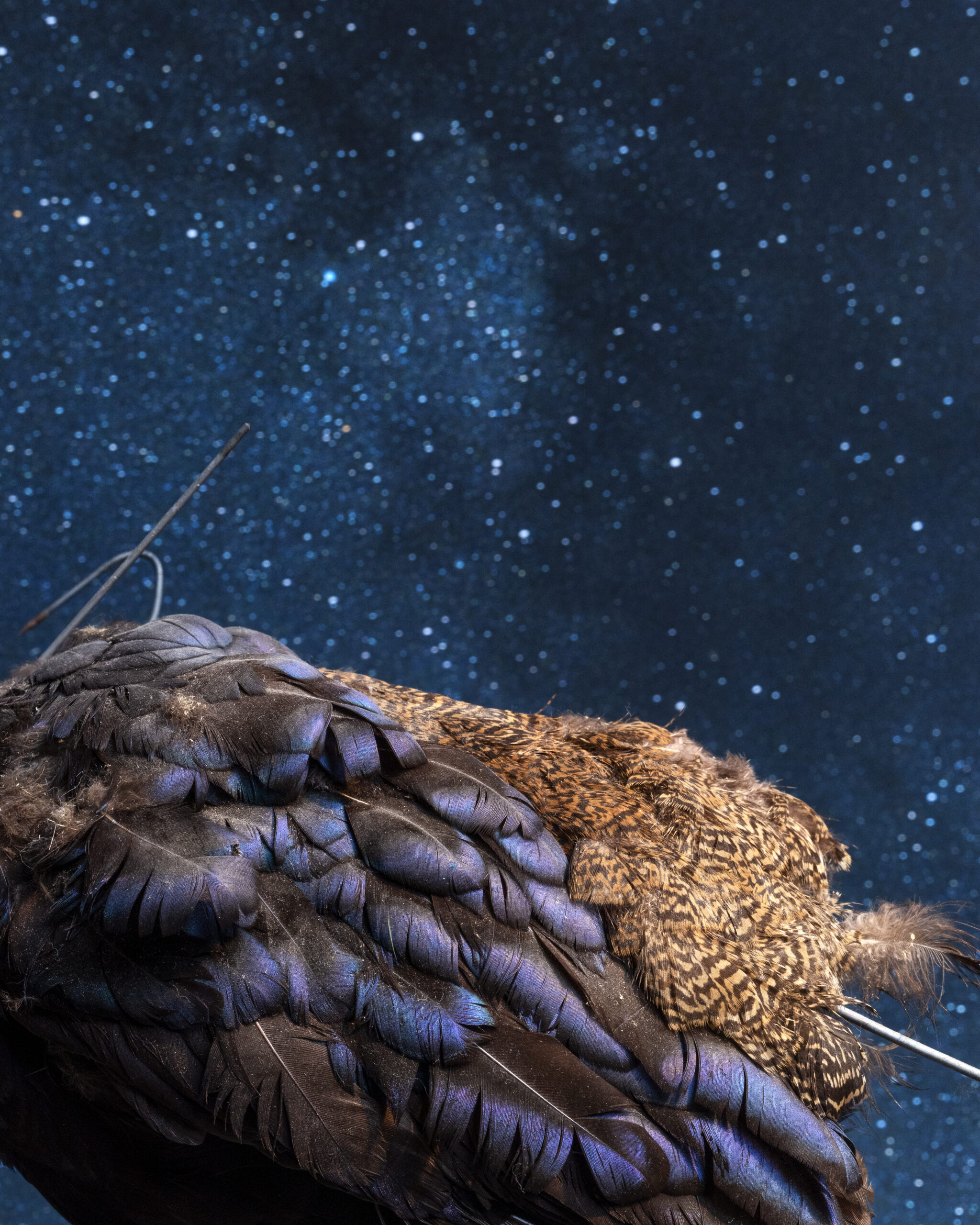

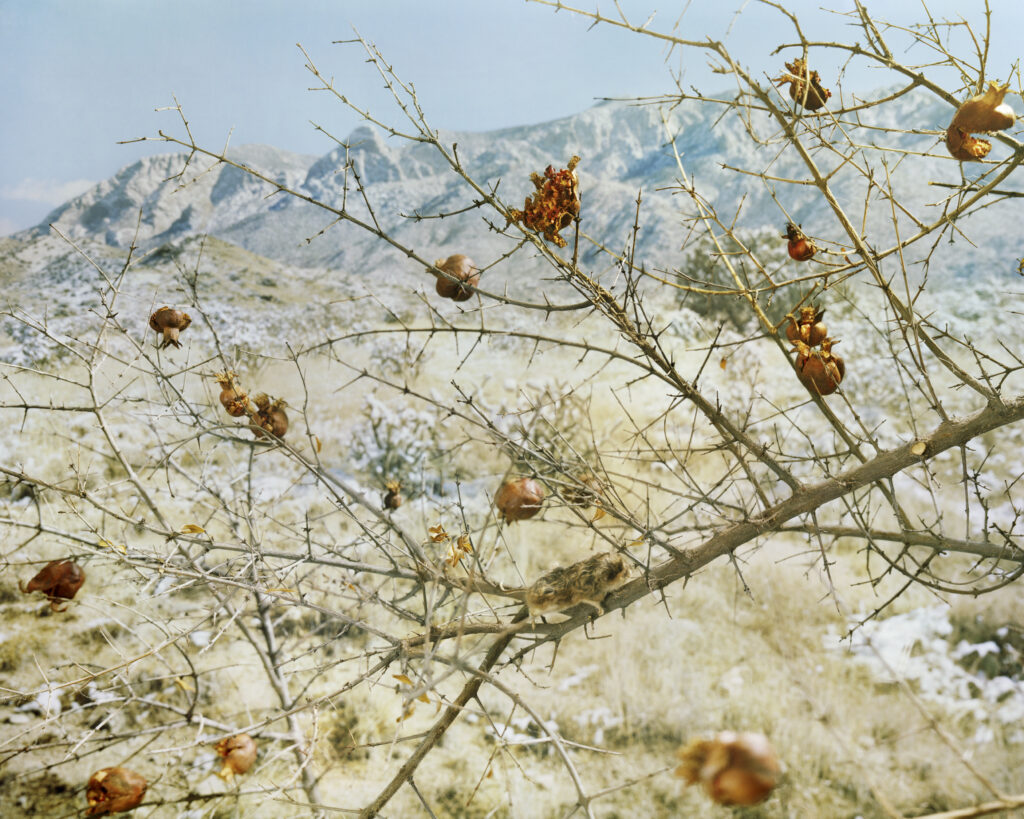
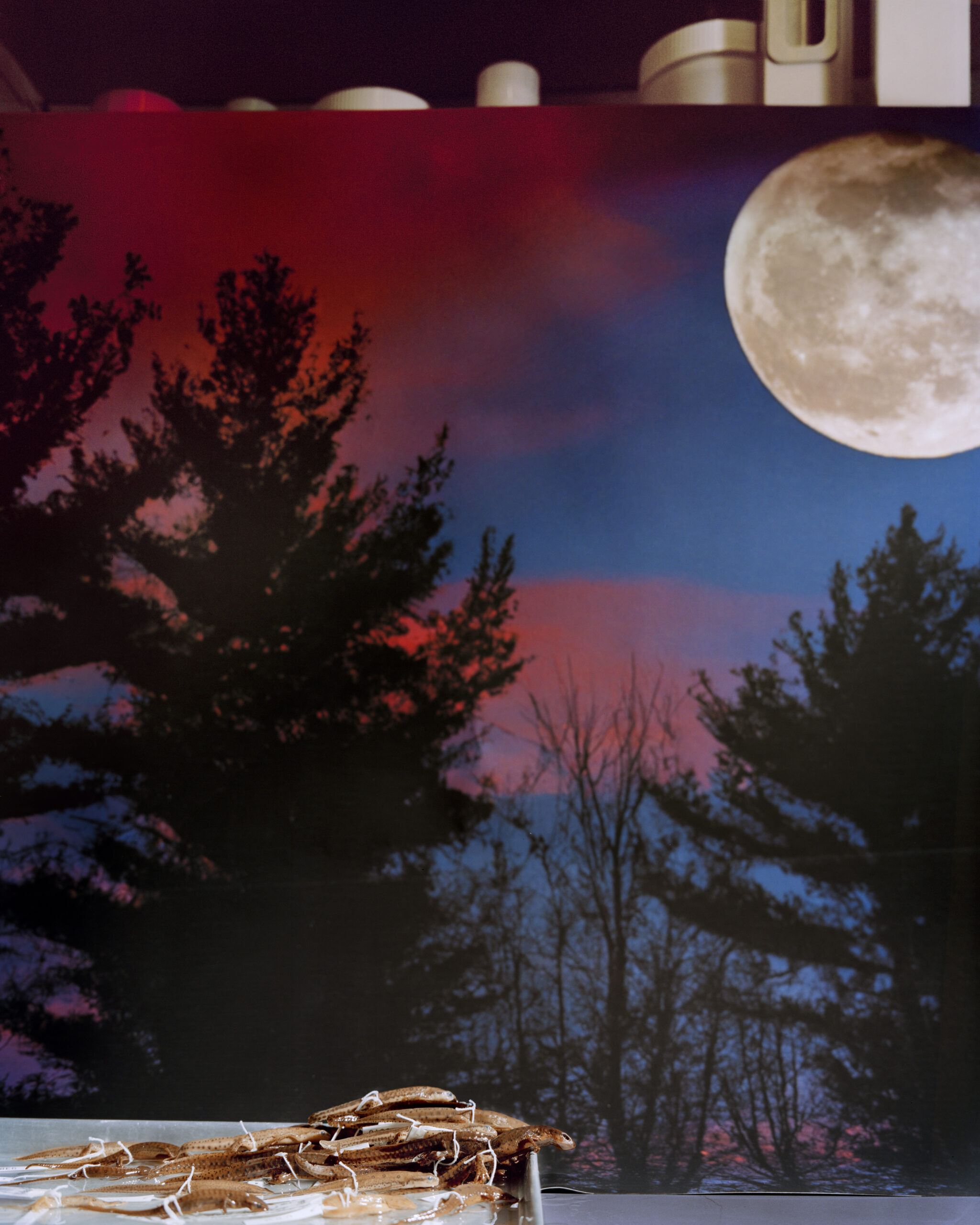
Courtesy the artist
Emma Ressel is a shortlisted artist for the 2025 Aperture Portfolio Prize, an annual international competition to discover, exhibit, and publish new talents in photography and highlight artists whose work deserves greater recognition.
